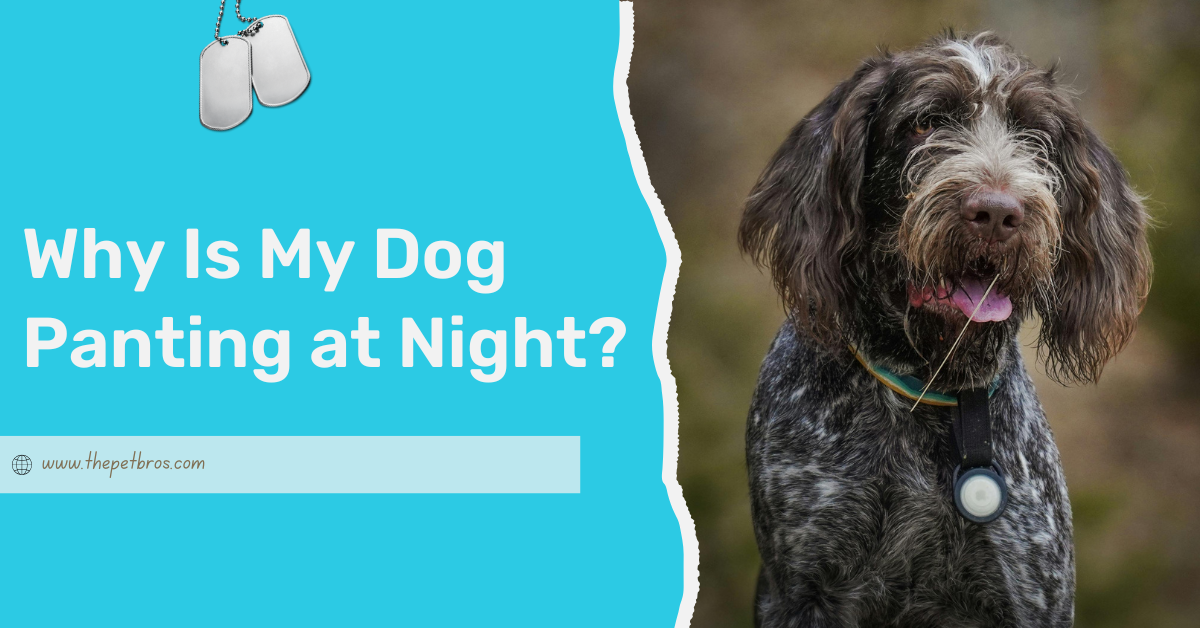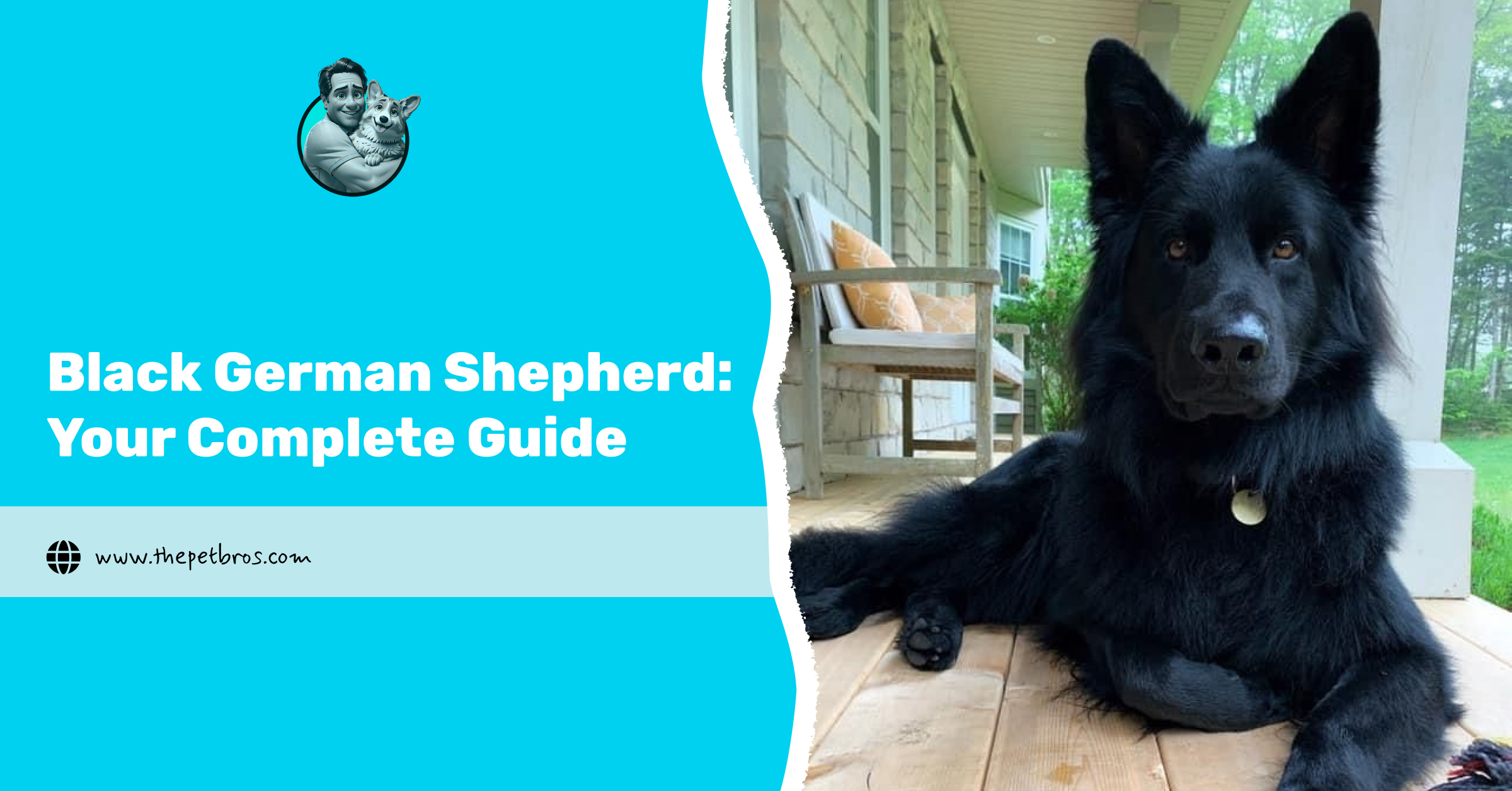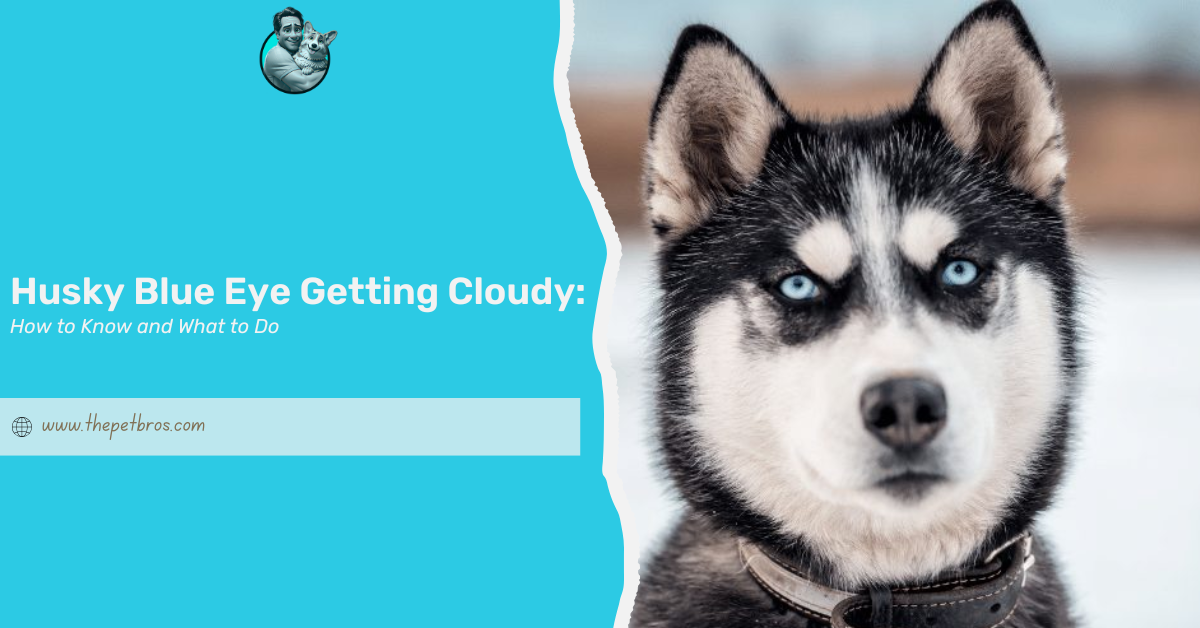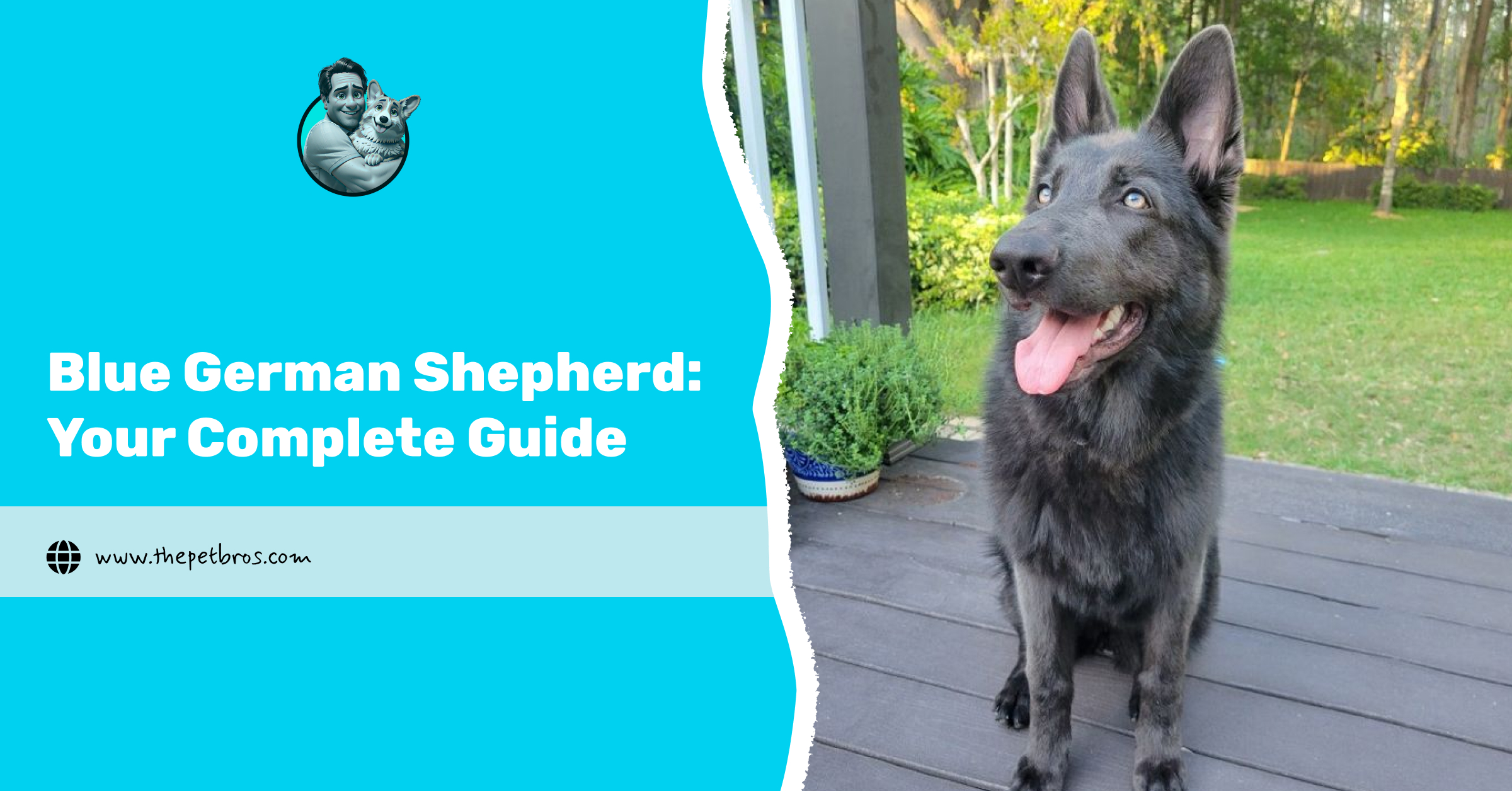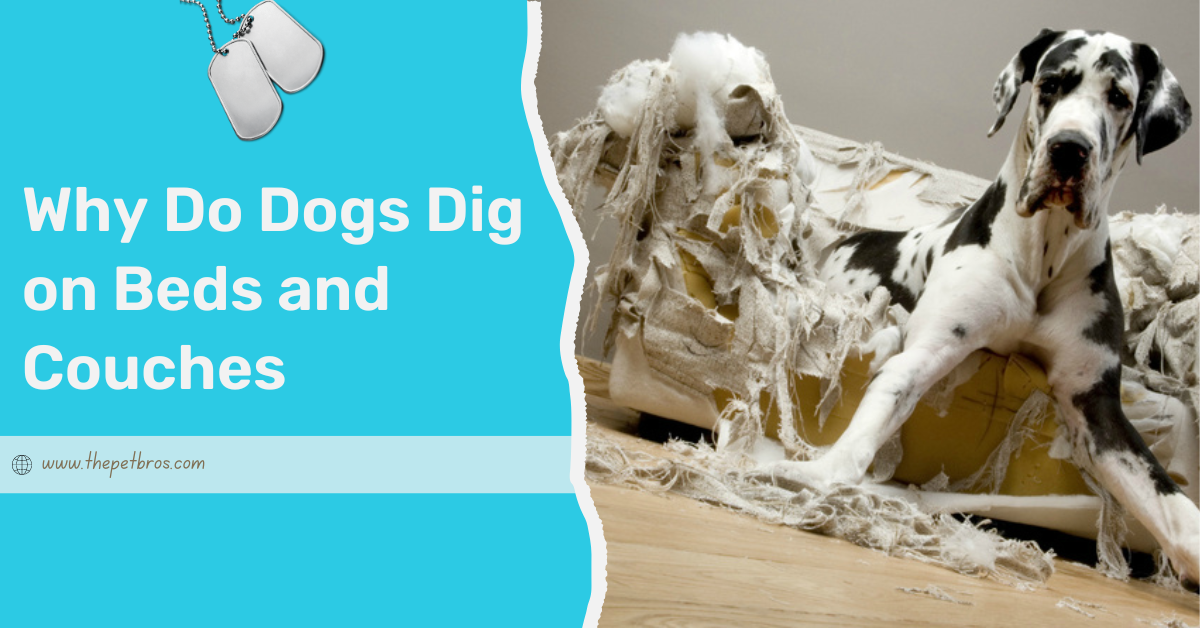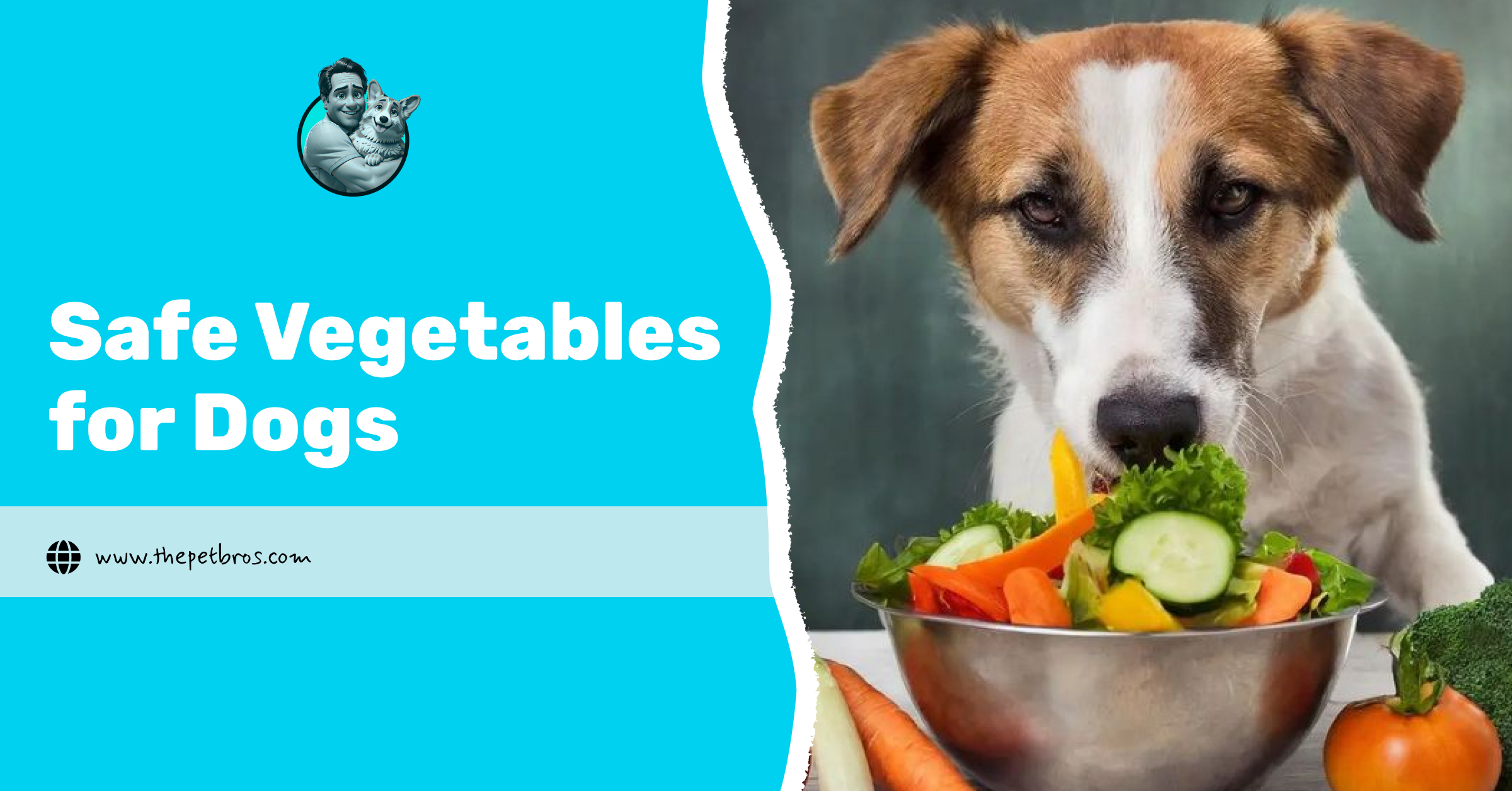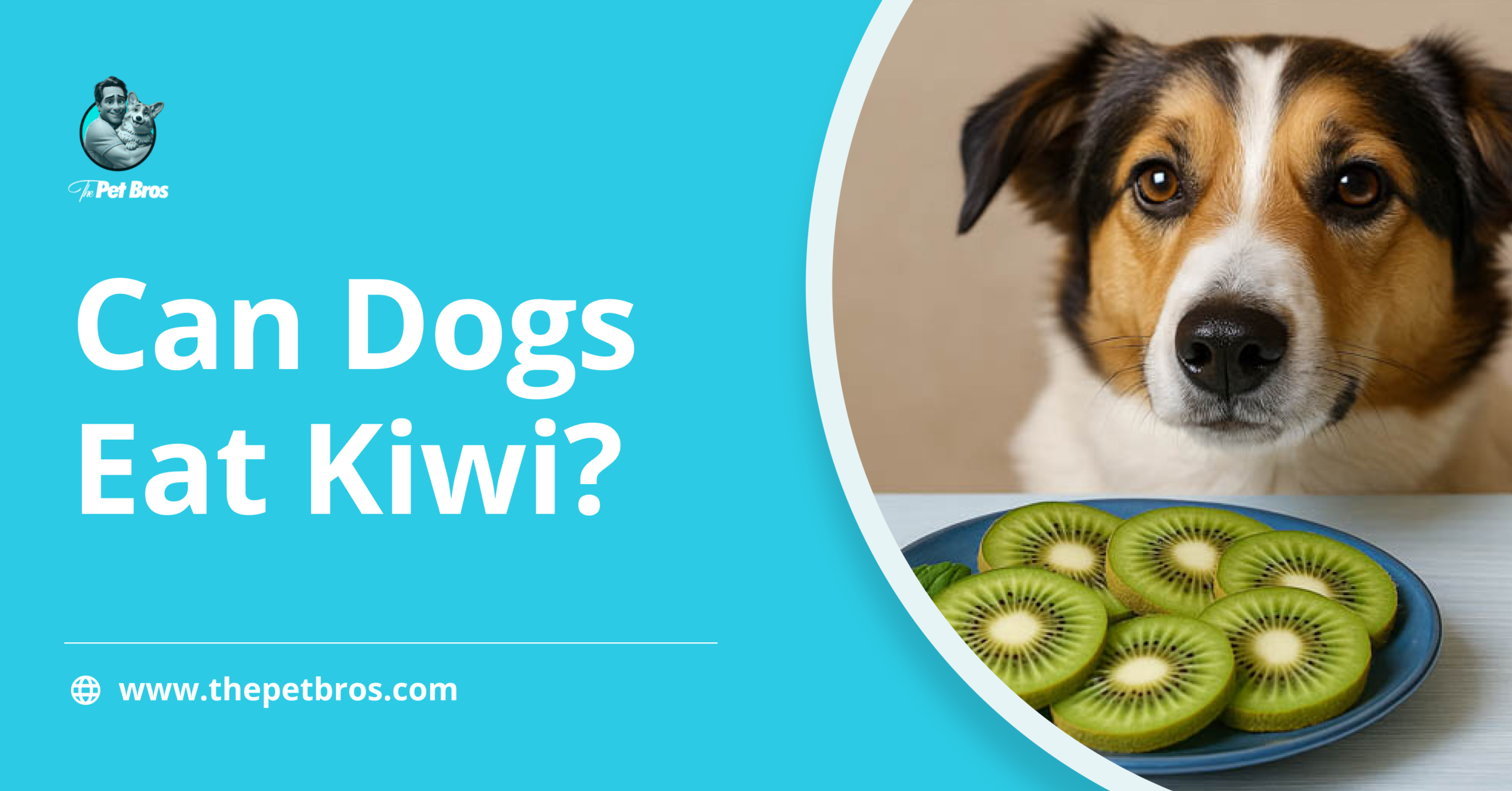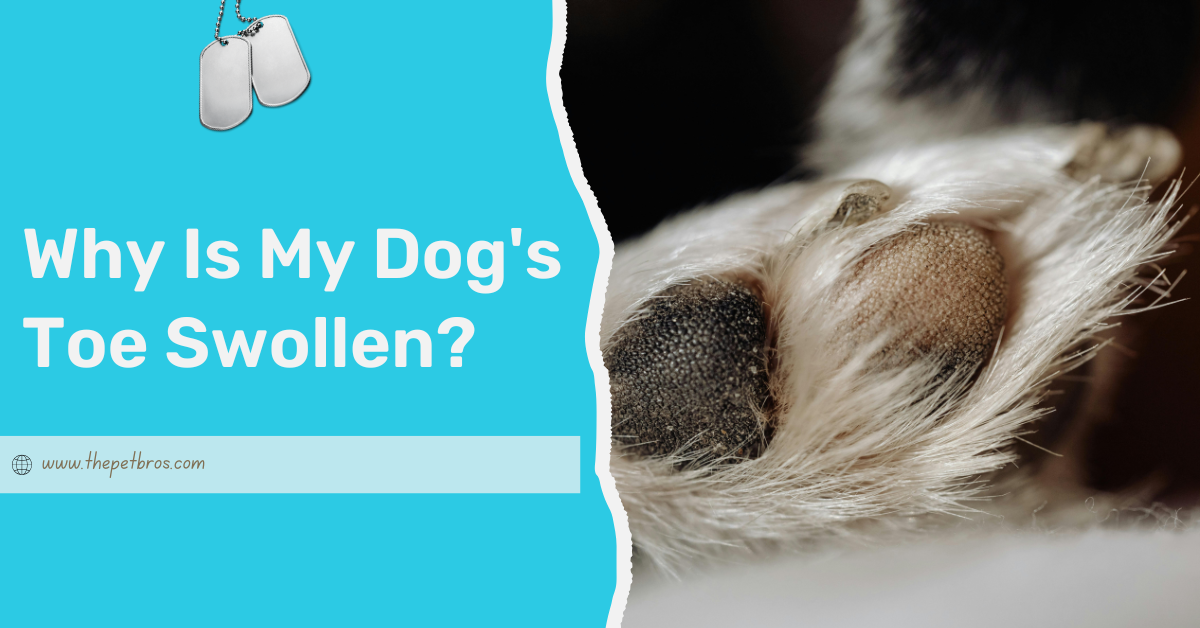The question, “Why is my dog panting at night?” is common among many dog parents. So, if you have stayed awake at night trying to find an answer, just know you are not alone. While panting is normal dog behaviour, its occurrence at night can raise concerns. Whether due to a warm sleeping environment, stress, or something health-related, understanding the major causes is the first step to ensuring your dog’s comfort and peace of mind.
Notably, dog pants are how they cool off and release energy, most especially after a long walk in warm, humid weather or when they have engaged in an energetic play session. However, if panting is accompanied by restlessness, such as pacing, in mild conditions, particularly at night, it could indicate a more serious issue.
Common Reasons for Dog Panting at Night
Your dog panting at night could be due to many factors, including stress, chronic diseases, heatstroke, and many more. Let’s carefully delve into how each factor plays a role in your dog’s nighttime panting:
1. Stress or Anxiety
This duo is a leading cause of your dog’s nighttime panting. Events like loud fireworks, thunderstorms, or unfamiliar surroundings can trigger or increase a sense of fear and unease. Additionally, dogs experiencing separation anxiety may also pant heavily at night, especially if they are used to being clingy with their owner and suddenly find themselves alone.
In this case, your dog’s panting at night is accompanied by other signs, including whining, pacing, or attempts to seek comfort. Creating a calming bedtime routine or using soothing aids like white noise machines or anxiety wraps can help reduce their stress levels and panting.
2. Environmental Factors
Just so you know, the sleeping environment plays a huge role in your dog’s comfort. Puppies and older dogs are especially vulnerable to temperature fluctuations at night. Warm or humid conditions can make it difficult for them to cool down, eventually leading to excessive panting. Similarly, dogs with untreated allergies may face disrupted sleep due to itching, skin irritation, or respiratory discomfort.
Additional factors like ventilation, an uncomfortable bed, or allergens such as dust and pollen can worsen panting issues. So, you are expected to ensure a well-ventilated sleeping area and address allergies with proper treatment.
3. Heatstroke
Heatstroke is a life-threatening condition for dogs, often occurring when their body temperature rises above 106°F (41°C). It triggers intense panting, which eventually results in rapid dehydration. While breeds, such as pugs and other short-nosed dogs, are particularly vulnerable to heatstroke, all dogs are at risk if left in hot environments like parked cars. In warm weather, even brief exposure can cause severe overheating. So, your dog might be panting at night to indicate they are suffering from heatstroke.
4. Respiratory or Heart Diseases
Respiratory issues hinder a dog’s ability to breathe efficiently. This reduces oxygen circulation throughout the body. Apart from panting at night, dogs with these issues may show signs like breathing fast while sleeping or even after the most minimal activity. You also may need to look out for a discolored tongue, almost turning shades of blue, purple, or gray, as that is a crucial sign of oxygen deprivation and warrants immediate veterinary care.
Likewise, heavy panting and frequent coughing at night might indicate heart disease or intending heart failure, especially if it happens after mild physical exertion. These symptoms show the strain on a dog’s heart and lungs, often making them breathless after short walks.
5. Cushing’s Disease
Cushing’s Disease typically happens when there is an excess of cortisol in a dog’s bloodstream. In addition to your dog panting abnormally at night, symptoms include hair loss, increased thirst and appetite, a distinctive pot-bellied appearance, and frequent urination. Cushing’s disease is a common culprit behind your dog panting at night and is often seen in older dogs.
6. Canine Cognitive Dysfunction
Canine Cognitive Dysfunction, also known as dog dementia, is a condition similar to dementia in humans. This disorder disrupts their internal clock, causing confusion and restlessness during nighttime hours. Affected dogs may show signs like aimless wandering, excessive panting, and whining as they struggle to differentiate between night and day.
They might also become disoriented in familiar environments or forget learned behaviours in the worst cases. Providing a predictable routine, using calming supplements, or seeking medical treatment can help manage these symptoms better and improve their overall well-being. Actually, it is recommended that you visit your vet immediately if you think this is the reason your dog is panting loudly at night.
7. Pain or Physical Discomfort
Sometimes, you might not notice pain from underlying health conditions until it manifests through behaviours like nighttime panting and restlessness. Conditions such as arthritis, hip dysplasia, or even minor injuries can make sleeping uncomfortable. This leads to frequent movement or pacing.
You must look for additional symptoms like limping, sensitivity to touch, or reduced appetite, which could indicate a need for veterinary intervention.
How Do You Calm a Dog Panting at Night?
Having understood the primary causes of excessive dog pants, specifically during night hours, you must take the necessary actions to make them feel calm and comfortable. You might need to:
- Provide Security and Comfort: As a dog owner, your presence cannot be overstated when it comes to creating a reassuring environment. Being a source of comfort and security is even more critical, especially during unsettling situations like thunderstorms or unfamiliar changes in their routine. Offering gentle words, stroking them softly, or just sitting nearby can go a long way. Keep in mind that providing emotional support is one of your responsibilities as a dog parent, and so you must fulfill it.
- Use Anti-Anxiety Wraps: Anti-anxiety wraps are designed to alleviate stress in dogs by applying gentle, constant pressure. This sensation is similar to the comforting effect of a hug, helping your dog feel more grounded. These wraps can provide additional benefits during events that trigger anxiety, such as those mentioned earlier. Ensure you follow the manufacturer’s guidelines for proper usage and introduce the wrap gradually to avoid stress.
- Consult a Veterinarian For Supplements: Since excessive panting may be due to chronic stress, the necessary supplements can offer additional support. Consult your veterinarian to explore safe, natural options like those containing valerian root, milk proteins, L-theanine, or chamomile. These ingredients can lower cortisol levels and overall stress.
- Introduce Appeasing Pheromones: Canine-appeasing pheromones can work magic in calming a panting dog. These synthetic pheromones are similar to those released by female dogs when nursing their puppies. You can easily find these pheromones in pet stores. Moreover, they are available in various forms, including sprays, collars, or diffusers.
- Respect Your Dog’s Need for Space: While being a haven is comforting, some dogs prefer having space to decompress. Depending on your dog’s preferences, you can design a quiet, cozy area, which could be a crate lined with soft, familiar-smelling blankets. It could also be a darkened room with a white noise machine to block external disturbances.
Conclusion
There you go! This article answered your question: “Why is my dog panting at night?” Bear in mind that everything boils down to understanding the root causes and taking proactive steps to address them. Thankfully, you have various options to select from to keep your dog calm and relaxed.
Rest assured, with patience and care, peaceful nights are well within reach for you and your dog! If you have further questions, do not hesitate to leave them in the comments.






